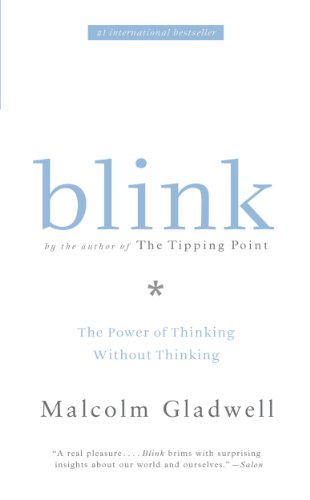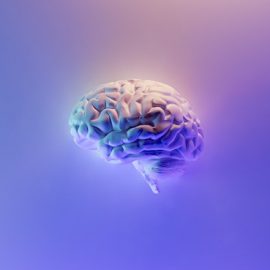

This article is an excerpt from the Shortform summary of "Blink" by Malcolm Gladwell. Shortform has the world's best summaries of books you should be reading.
Like this article? Sign up for a free trial here .
How does stress affect decision-making? How can you avoid making bad decisions in stressful situations?
When you’re stressed, your brain’s ability to reason logically is impaired which can lead you to make bad decisions that you’ll likely regret when you come to your senses. However, sometimes you have no choice but to make a decision under stress. As with everything in life, making good decisions under stress takes practice.
Here’s how you can practice making decisions under stress by rehearsing your responses to anticipated stressors beforehand.
Editor’s note: This article is part of Shortform’s guide to stress. If you like what you read here, there’s plenty more to check out in the guide!
Rehearse Being in Stressful Situations
You can practice making decisions under stress in environments that mimic stressful situations. For example, rehearse an upcoming job interview or presentation in an environment that mirrors the event as closely as possible. Consider factors like the time of day, the people involved, and what you’ll wear.
These drills allow you the time to figure out the most appropriate response to the stressor. Then, when you’re in a moment of stress, you’ll have practiced the desired response so often that it’s automatic. You can rely on your unconscious mind in the moment rather than having to make a rational decision. This is a way to inoculate yourself against stress.
Gladwell suggests that to make better snap decisions, you need to practice. He suggests two types of specific practice. First, you should practice making fast decisions in stressful situations.
| How Does Rehearsal Work? Practice, Automatization, and the Brain It seems obvious that practicing something will help us get better at it. But what physiological mechanism underlies this process? Norman Doidge argues in The Brain That Changes Itself that when you practice something, you’re increasing your brain’s efficiency in executing the task. New tasks (for example learning to play scales on the piano) are cognition-heavy, recruiting a massive number of neurons across different brain areas. Practice helps our brains determine which particular networks or neurons are best suited for the task and lock in their responses, freeing up cognitive capacity for more and more challenging versions of the task. Interestingly, mental rehearsal seems to be almost as effective as rehearsing the whole action. Neuroimaging studies of experts back up this interpretation—for example, the brains of professional violinists are more efficient and focused in their processing of motor movements than those of amateurs, which frees up capacity for the higher-level processes involved in interpretation and musicality. Physically and/or mentally rehearsing before a job interview or presentation has the same effects, making lower-level processes more automatic and freeing up conscious processing capacity to help you respond thoughtfully to those tricky questions. |
Gladwell describes a security firm that has bodyguards repeatedly encounter an aggressive dog and tracks their heart rates (an indicator of stress level). The first time they confront the dog, their heart rates are 175, so high that their vision is impaired. By the fourth time, their heart rates are usually around 110 and they’re able to function under pressure.
This echoes SEAL commanding officer Richard Marcinko’s famous piece of advice: “The more you sweat in training, the less you bleed in combat.” If you’re in a stressful situation and you haven’t had a chance to practice, consider using the STOP mental checklist:
- Stop what you’re doing;
- Take a few deep breaths and center yourself;
- Observe your mind, body, and emotions;
- Proceed with the action, taking into account what you’ve observed.
| The Effects of Stress on Fast Decisions: Cognitive Tunneling In Smarter Faster Better, author Charles Duhigg also warns of the dangerous effects of stress on decision-making. In particular, “cognitive tunneling” occurs when you hyperfocus on just one problem (or aspect of a problem) and miss other important information. Cognitive tunneling is more likely when your brain has to change quickly from a relaxed state to an alert one, so deliberately pausing for a moment when you feel this happening may help you to avoid it. |
———End of Preview———

Like what you just read? Read the rest of the world's best summary of "Blink" at Shortform . Learn the book's critical concepts in 20 minutes or less .
Here's what you'll find in our full Blink summary :
- How you can tell if a marriage will fail, within 3 minutes
- Why your first impressions are usually surprisingly accurate
- The dark side to making first impressions, and how to avoid the,






